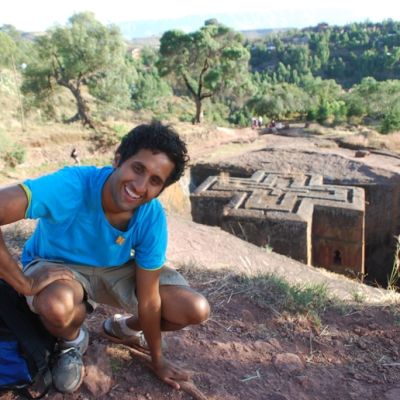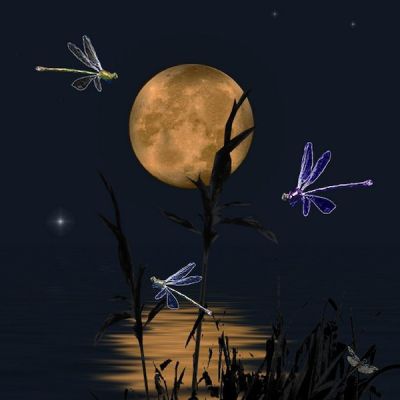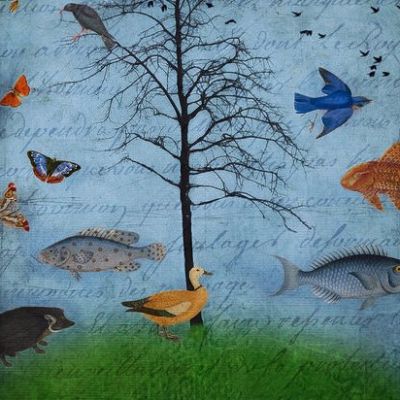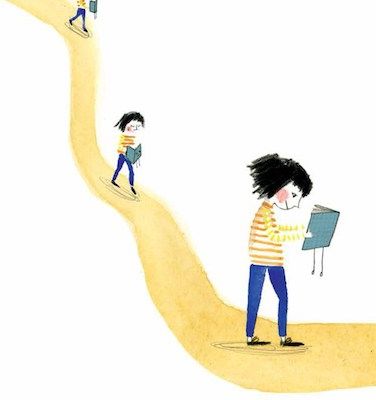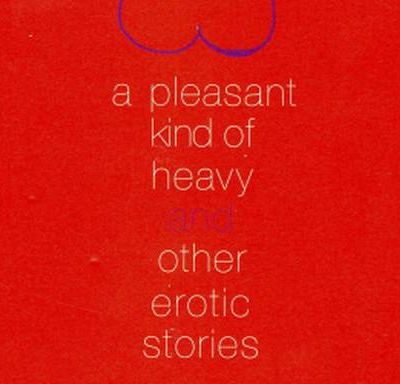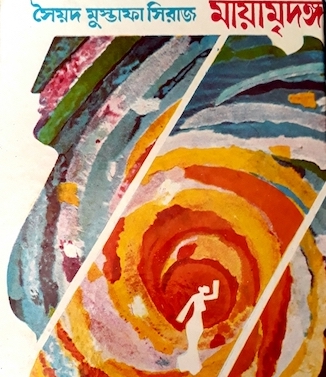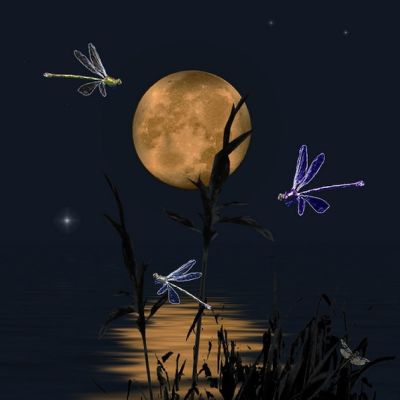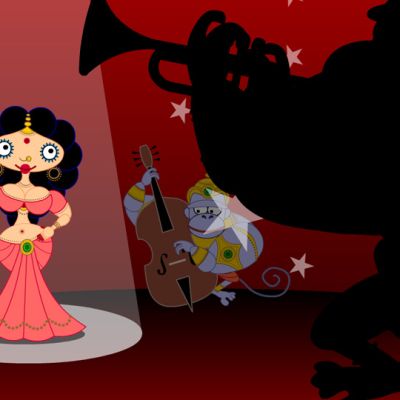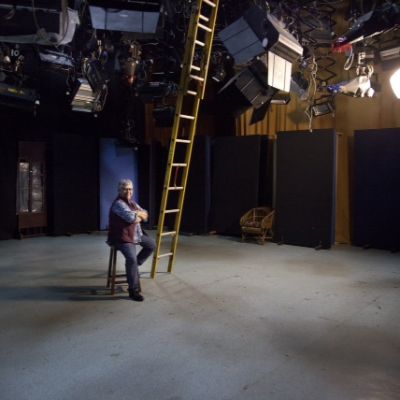Fiction
Fiction is often relegated to a secondary stow because fact-based forms of knowledge are becoming more and more valued. To be informed is to stay with the facts. Yet I think fiction allows us to stay just about as informed.
Kiran Bhat is an author and polyglot who speaks 12 languages, and has written in English, Kannada, Spanish, Portuguese, and Mandarin. His recently published book, We Of the Forsaken World, has been described as “the tales of not just sixteen strangers, but many different lives, who live on this planet, at every second, everywhere”.
This article was originally published in the NPR. January 8, 2018; TANIA LOMBROZO Two recent books, one a manifesto by British…
Her eyes are open now, she looks at him. There is sadness there. “What my love? What happened?” he asks….
For many of us, it was fiction that fed our souls as children, and now as adults who are still ‘growing up’, it feeds us still. Fiction makes, remakes and unmakes us who walk in worlds of the imagination. It liberates us to dream various versions of ourselves and others into being as the articles in this month’s In Plainspeak eloquently reveal.
Fiction is a realm within which we can imagine the limitlessness of our feminist realities. By censoring fiction itself in an anxiety to perform what we understand as feminism, is to censor our imaginations, its subtle negotiations with reality and its potential in generating desires and dreams we hardly knew of. Does this mean we don’t critique books and movies? Definitely not! Critique is fun. Critique is important. Critique is how we grow. But the judgement needs to stop.
Aranyani’s writing most certainly has a sensory charm and no two people are going to experience her narration the same way. I wish you a happy and gloriously gay reading of this fleshy collection of erotic stories!
Māyā Mridanga infinitely problematises the nature vs. nurture debate that is central to sexuality studies. The novel seems to suggest that a certain kind of male body – feminine, smooth, shapely – is the ideal raw material for making a chhokra out of a biological man. Ustaad Jhaksa, whose life the novel documents[2], repeatedly emphasises on this act of nurturing, moulding and pruning of a feminine male body for which he has fatherly affection as well as a lover’s lust.
What is fiction? Is it born of reality? Or does it birth reality, reflecting it back at me until I see the things I do not see? Until I find the person that is me? Until I dance my horse dance under moon, under stars, in a room full of people who like horse dancing just as much as they like the swirly skirt and the pot-bellied person doing the Bhangra.
Sita Sings the Blues is an animated retelling of the Ramayana, an ancient Indian epic about the Hindu god Rama…
Both fiction and non-fiction are capable of great complexity if the making is in the hands of someone capable and complex. I have always held that good films – fiction, non-fiction or hybrid– emerge not from a familiarity with the subject, though that’s essential – but an understanding of the language of cinema.


